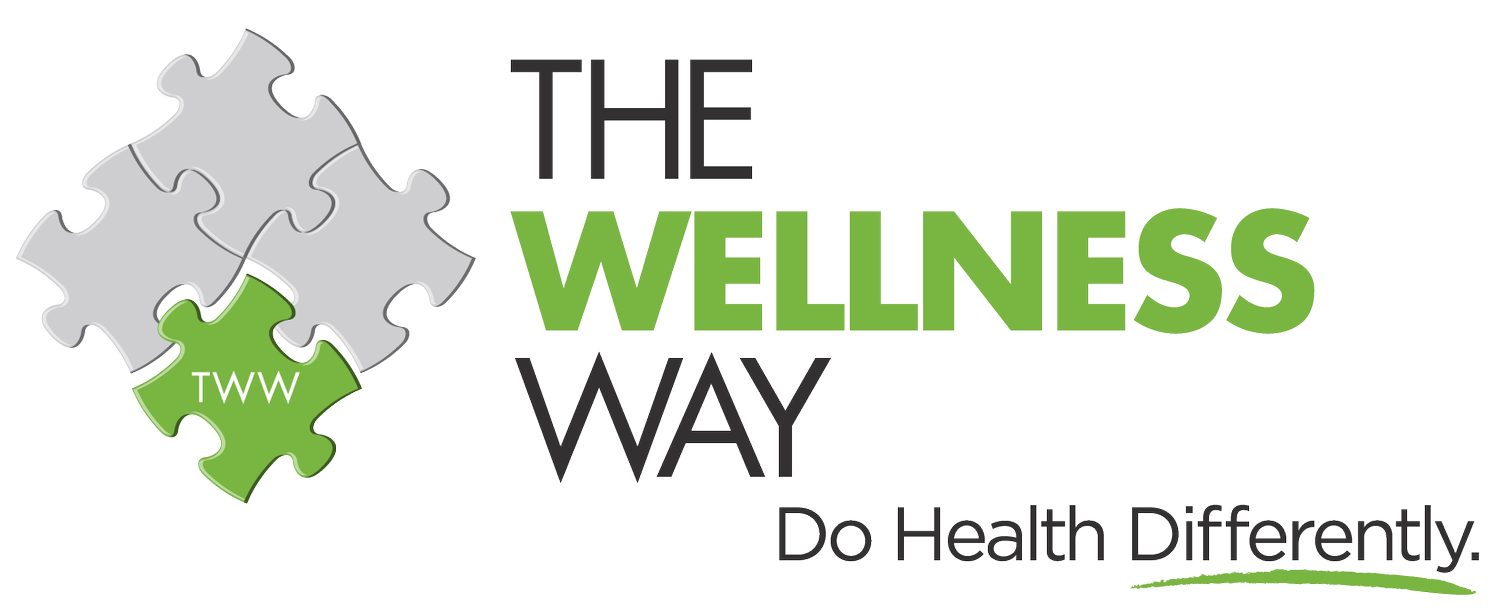Holistic Approaches to Seasonal Allergy Relief
As we celebrate Easter and embrace the arrival of Spring, it's important that we acknowledge the not-so-pleasant side of this vibrant occasion: Seasonal Allergies. While many of us eagerly anticipate warmer weather and blooming flowers, for some, it marks the beginning of sneezing fits and itchy eyes. However, instead of reaching for the conventional over-the-counter medications, let's dive deeper into understanding seasonal allergies and explore holistic approaches to alleviate them.
The Truth About Seasonal Allergies
Seasonal allergies are often brushed off as a common nuisance, but they actually signify underlying imbalances within your body.
To better understand, it's important to delve into how the immune response works. Contrary to popular belief, allergies are not simply the body overreacting to harmless substances. When your body encounters an allergen, such as pollen or pet dander, it triggers an immune response. This response involves the release of histamine and other inflammatory substances, which are meant to protect the body from threats. However, in individuals with allergies, this response is exaggerated, leading to symptoms like sneezing, itching, and congestion.
Understanding this immune response is crucial because it shines a light on why simply masking symptoms with antihistamines is not enough. While antihistamines may provide temporary relief, they do not address the underlying imbalance in the immune system. As a result, allergies are likely to recur unless the root cause is directly addressed.
Concerns About Over-the-Counter Antihistamines
Antihistamines work by blocking histamine receptors, providing short-term relief from allergy symptoms. However, while it’s tempting to rely on over-the-counter antihistamines for relief, it's essential to recognize the potential risks:
Questionable Effects on The Brain: In a study titled "Cocaine-like neurochemical effects of antihistaminic medications," researchers investigated H(1) histamine antagonists, such as diphenhydramine. The study revealed that these antihistamine medications can activate dopamine, potentially leading to desensitization. This means that over time, individuals may require increasingly higher doses to achieve the same results. Regularly administering antihistamines to children could potentially create immune problems as they grow up.
Associated With Adverse Events: A study from 2008 to 2015 revealed that liquid formulations of diphenhydramine were the primary cause of overdoses and adverse events among over-the-counter medications. These events included symptoms like a racing heart, hallucinations, excessive sleeping, agitation, and dilated pupils. Additionally, the use of topical diphenhydramine to alleviate chickenpox sores has led to reported cases of toxicity in children with varicella-zoster infection, highlighting the potential risks associated with its use.
Natural Alternatives for Allergy Relief
Instead of relying solely on over-the-counter antihistamines, consider switching to natural alternatives that support your body's immune response without the risk of adverse effects. Here are two options to consider:
Nettle Leaf & Albizia: These herbs are known for their antihistamine properties and ability to alleviate allergy symptoms. These herbal remedies work by modulating the immune system's response to allergens, providing relief from sneezing, itching, and congestion.
Allergy Essential Oil & ‘Sinus and Allergy Bundle’ from Rowe Casa: Specifically formulated to provide relief from seasonal allergies, these natural remedies utilize the power of essential oils to reduce inflammation, clear congestion, and promote respiratory health. Visit Rowe Casa Organics and use the code “cleangreenliving” to enjoy a discount of 20% off your first order or 10% off recurring orders.
Supporting Your Immune Response
Building upon our understanding of seasonal allergies and the potential risks associated with over-the-counter antihistamines, let's shift our focus to strategies that empower your body's natural defenses to effectively address the root cause of allergies while promoting long-term wellness:
Reduce exposure to toxins: Start by eliminating or minimizing exposure to harmful chemicals in your environment
Eliminate inflammatory foods: Identify and remove foods that trigger inflammation in your diet
Heal the gut and support digestion: Restore gut health to strengthen your body's natural defense mechanisms
Incorporate supportive herbs and supplements: Explore natural remedies like Nettle Leaf and Abizzia to provide relief from allergies
Prioritize adequate sleep: Quality sleep is crucial for immune function and overall well-being
Consider chiropractic adjustments: Aligning your spine can enhance immune function and alleviate allergy symptoms
In conclusion, rather than resorting to conventional over-the-counter medications, understanding the underlying causes of allergies and exploring holistic approaches is key to achieving long-term relief from seasonal allergies.
At The Wellness Way Sarasota, we recognize the need to address the root cause of your allergies and identify immune system triggers through comprehensive testing. Through our advanced testing for food allergies, we can develop a personalized plan to support your journey towards optimal wellness.
Schedule your appointment with The Wellness Way Sarasota today and step into a season of wellness, free from the burden of seasonal allergies.
Resources:
Adverse events associated with diphenhydramine in children, 2008-2015 - PubMed (nih.gov)
Children and Antihistamines - The Wellness Way
Cocaine-like neurochemical effects of antihistaminic medications - PubMed (nih.gov)
Diphenhydramine toxicity in three children with varicella-zoster infection - PubMed (nih.gov)
Nettle Leaf The Wellness Way Store
Seasonal Allergies: What's the Underlying Cause? - The Wellness Way

